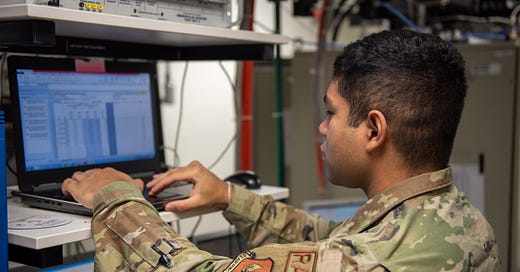(GCV Editor’s Note: I’d like to introduce you to my first Shirt, Joseph Schniers. He’s an incredible leader, and I’m honored to call him my friend.)
Keep reading with a 7-day free trial
Subscribe to Grumpy Combat Veteran to keep reading this post and get 7 days of free access to the full post archives.



